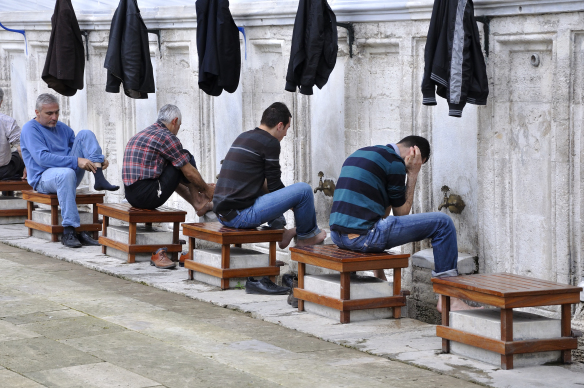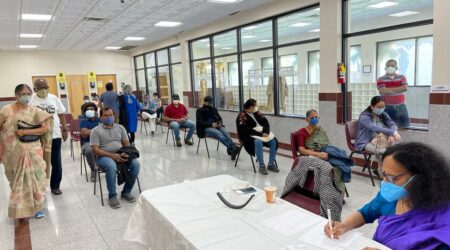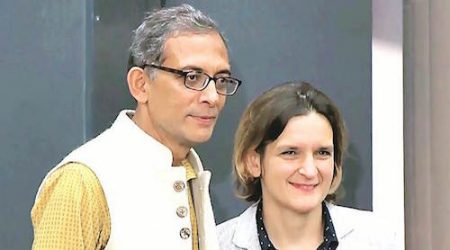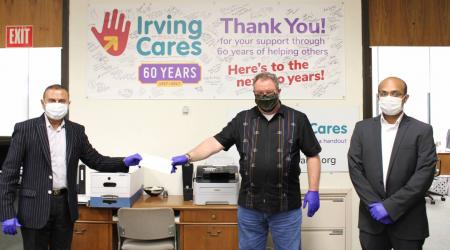By Dr Yousuf Syed
MD, MPH
The Covid-19 has shaken up the world for the past several months. Serious measures implemented to halt the spread of the deadly virus by governments around the world have enforced upon people drastic limitations on public, religious and social gatherings — even prohibition on daily prayers in mosques, including Friday prayers.
Saudi Arabia, acting on its own economic interest, has taken drastic steps of banning both foreign and internal pilgrims from performing the Umrah pilgrimage to Mecca. Thus, the world in many ways is struggling to contain one of the deadliest pandemics since the Spanish flu of 1918.
Is Covid-19 a test from God?
The controversy in some quarters of the Muslim public sphere, where people have either minimized the public health threat posed by Covid-19 or indulged in conspiracy theories about the nature of the pandemic, many groups and individuals on the other hand accepted the reality of the pandemic but refuse to comply with the restrictions on public worship and mass religious gatherings on theological grounds, arguing that the pandemic is just another test God imposes on believers. Or that Muslims should express their trust in God to protect them and humanity from the effects of the pandemic by continuing their public practice of Islam.
Hygiene is a general practice and behavior that includes practices that promote mental, emotional and physical health as well as social well-being of individuals. Islam’s rules of personal hygiene include bathing, washing hands, avoiding harmful foods, brushing teeth and clipping nails, washing the finger joints — all of which are related to personal health.
Enjoying the highest level of personal hygiene is referred to in the Holy Quran (2: 222) in a multitude of verses and also by the tradition of Prophet Muhammed, (pbuh) who told his followers: “Purity is half of the Faith”. Many people of faith begin their day with the purity ritual. A Muslim starts his/her day with ablution, which is an excellent practice for limiting the spread of germs.
As stated in the Holy Quran, ablution includes washing all exposed parts of the body including hands, feet, face, mouth and nose. This is consistent with the first guideline recommended by the WHO for all members of society – to wash hands regularly and completely with soap and warm water.
Hygiene also includes some other simple actions with significant effects such as covering up the mouth when sneezing. Many epidemiologists believe that sneezing and coughing are effective means of spreading Covid-19. The WHO recommends covering the nose and mouth with fabric when coughing or sneezing and disposing of the fabric immediately. This behavior is considered proper etiquette within Islam and most Muslims practice it regularly. The Prophetic traditions of Muhammad (pbuh) support this.
Infection control in Islam includes isolation and quarantine – the Prophet Muhammad (pbuh) instructed his followers not to travel to places known to be infected with an infectious disease and advised those in contaminated area or communities not to leave, to avoid spreading it elsewhere.
After the Emmaus epidemic (the plague in Syria, 7th century), the Muslim leader at the time, Amir ibn al-Aas, warned the people that the disease would spread like wildfire and directed them to protect themselves by escaping to the highest mountains. Moreover, he urged people to avoid contact with others who had serious infectious diseases; the warning included contact with animals—he acted according to the teachings of Quran and Hadith (the Prophetic traditions).
In January 2020, China closed transit to and from Wuhan to contain the coronavirus outbreak. Recent epidemiological and human mobility data revealed that this ban diminished the spread of the epidemic from Wuhan to other cities in China. This delay in transmission allowed time to establish and enforce other control measures.
Inaccurate information creates fear and seems more damaging than the virus itself, undermining public health advice and creates anxiety and stress.
As well documented in the narration of the Hadith (Prophetic sayings), Islam forbids lying and people of faith should take a very careful approach to circulating information and ensuring its accuracy. In the Holy Quran, we find that God harshly criticizes those who spread rumors and false information.
As the coronavirus continues to spread through the world, Islamic religious scholars and leaders have changed practices and adjusted services according to guidelines by the Holy Quran and Prophetic Traditions – working closely with public health experts to provide advice on how to mitigate the risk of gathering in faith settings, such as mosques, churches, temples and synagogues and maximize the benefit of faith efforts to mitigate Covid-19.

Dr. Yousuf U. Syed, a pathologist, hails from
the Hyderabad Nizam’s royal family. He is Trustee
of Islamic Association of Long Island / The Selden Mosque, the oldest
mosque on Long Island.













